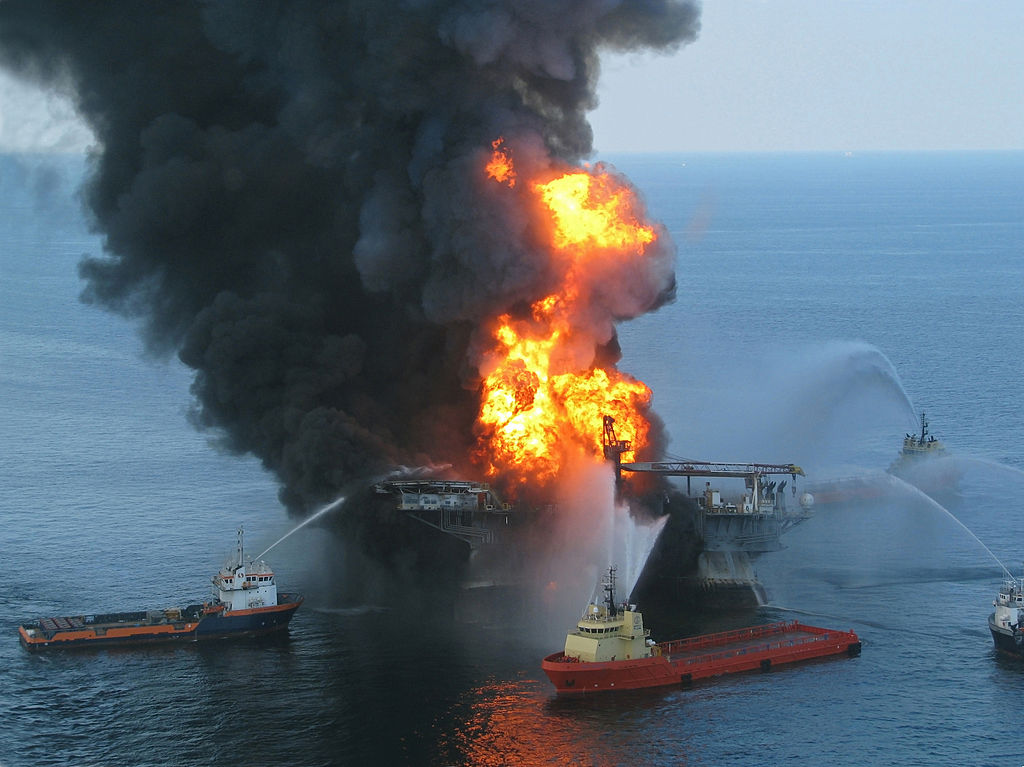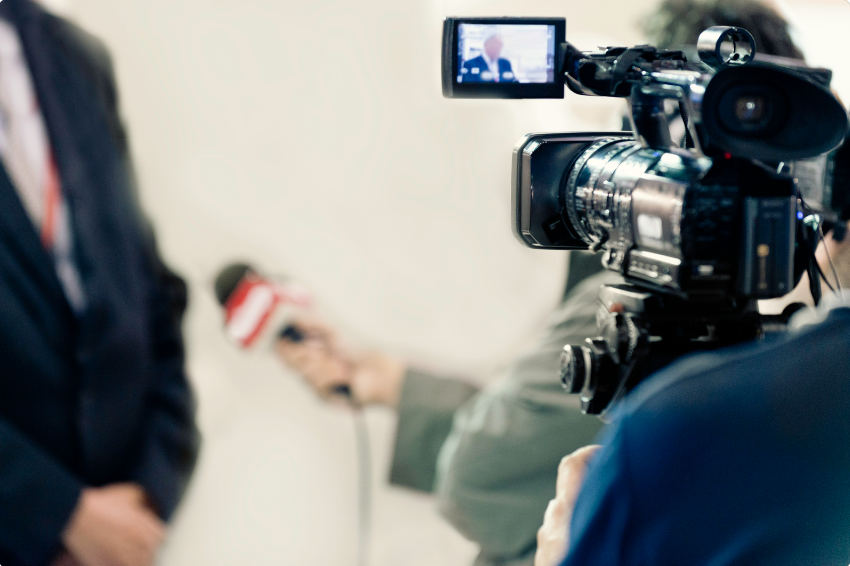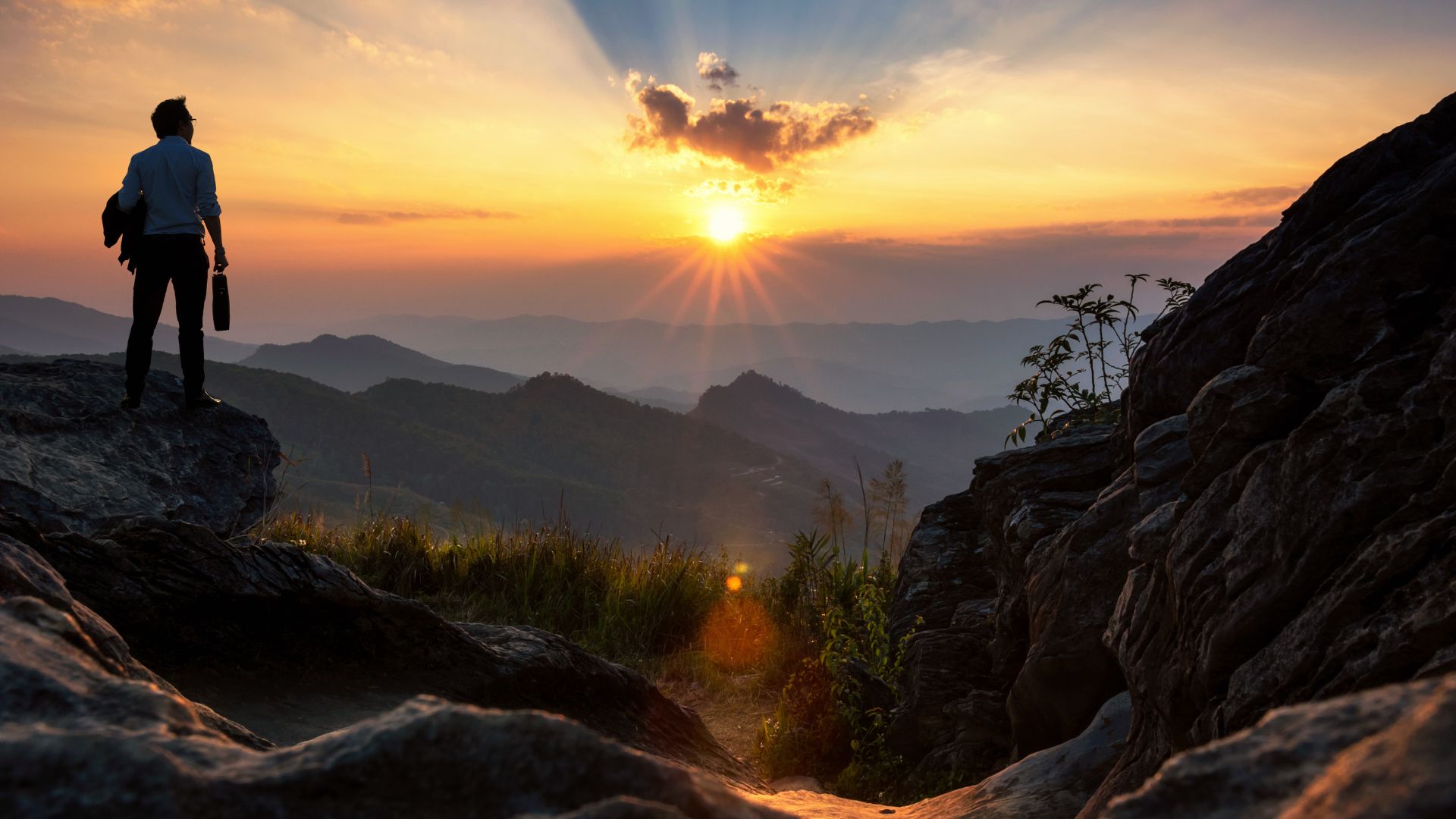Reviving Tourism After an Oil Spill Crisis: The Best Practices that Still Apply

April 17, 2020
By Dan Ward, APR, CPRC
It’s hard to believe 10 years have passed since an oil rig exploded in the Gulf of Mexico.
I’ll never forget the first words Roger Pynn said when he walked into my office just after the news broke: “Strap in. This is going to be bad.”
Like COVID-19, the Deepwater Horizon oil spill was an unprecedented crisis. While not on the same scale, the crisis thrust many businesses into a similar state of uncertainty – especially businesses in the travel and tourism industry that rely on the Gulf Coast’s pristine beaches to entice travelers.
At the time of the oil spill, we represented Visit South Walton, the tourism bureau for upscale beach communities in Northwest Florida. Looking back on our work, the steps we took to help the destination recover are still relevant to the travel and tourism industry today. The complete case study is available on our website.
Below is a summary of the key tactics that accelerated recovery and led to record visitation in the years that followed – tactics that are just as relevant today as businesses look toward recovery.
While these recommendations apply most directly to attractions, hotels and restaurants that depend on the return of visitors, simply substitute the word “customer” or “client” and you can see they are applicable for virtually any business:
- Conduct research to determine what actions you must take to instill confidence in your visitors. For Visit South Walton, we commissioned research within weeks of the oil spill that showed travelers needed visual evidence of the tar-free, clean beaches before they would visit Northwest Florida. This led to the creation of a website where we posted twice daily photo and video updates from the beaches. Within weeks, it was being used as a resource by CNN.
- Your operations might be paused, but communication with your fans – especially loyalists – should not stop. Even in 2010, we were turning to virtual tools to educate key stakeholders throughout the destination on the various elements of our recovery programs. The team developed and hosted a webinar, and created various collateral items that could be post-mailed or emailed to extend the reach of our message.
- Once you reopen, encourage and promote credible third-party reviews. Understanding how critical word-of-mouth is in the travel planning process, our campaign centered on the “Find Your Perfect Beach” Facebook contest, which encouraged travelers to share photos and reviews of their trips to the destination. This content was then leveraged successfully in outreach to local and national media.
- Say “thank you” early and often to establish a personal connection with the first visitors back to your destination. After the oil spill, this meant expressing gratitude to visitors of the destination who posted about their trips on social media. We also trained brand ambassadors to walk the beaches and engage with guests.
Regardless of the people or industries we serve, we need to research what will bring them through our doors once the economy reopens, maintain open communication with them, seek out and leverage third-party ambassadors, and most of all, say “thank you” for their continued partnership.




